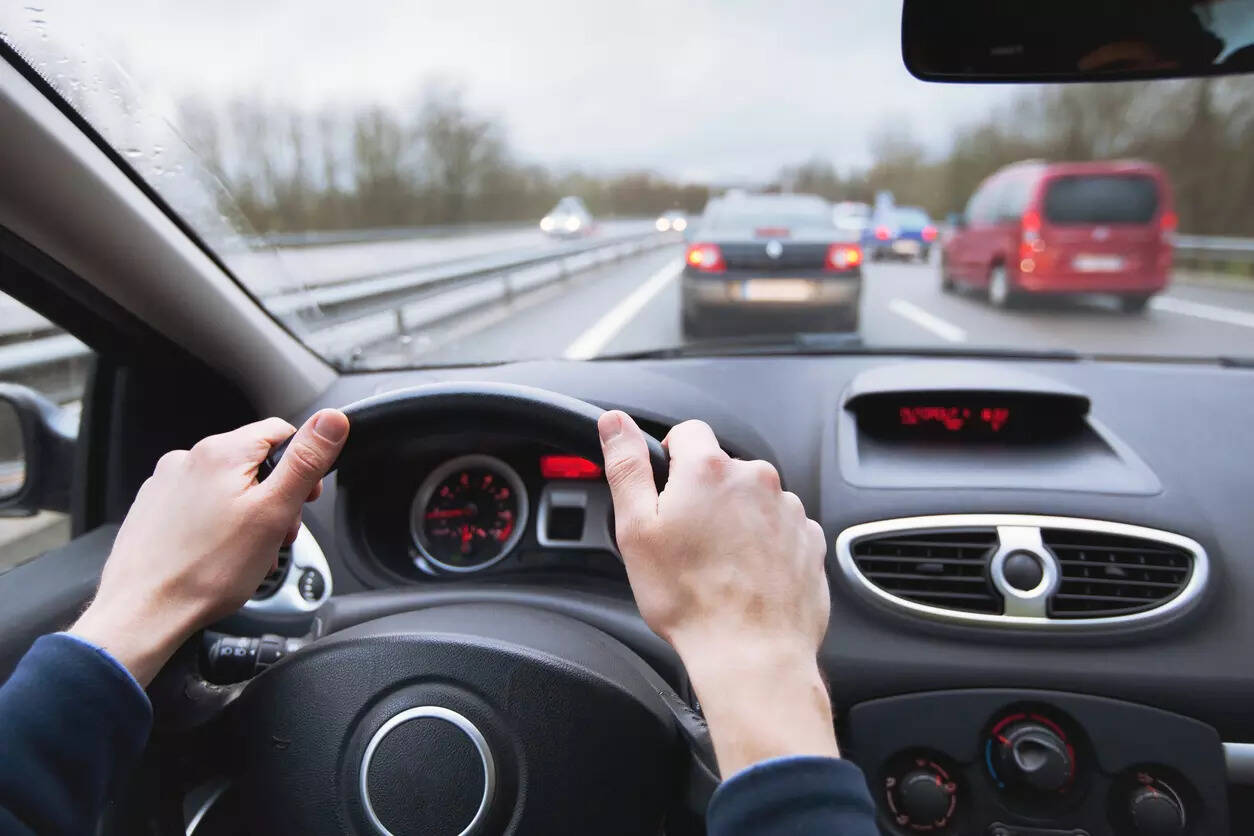
A group of nine Democratic senators on Wednesday urged U.S. auto regulators to move quickly to issue new vehicle safety rules in the face of traffic deaths that remain significantly above pre-COVID levels.
Senators Ed Markey, Richard Blumenthal, Dick Durbin, Jack Reed, Ron Wyden and others wrote the National Highway Traffic Safety Administration (NHTSA) asking the agency why it has missed some deadlines for writing new safety regulations.
U.S. traffic deaths jumped 10.5% in 2021 to 42,915, the highest number of people killed on American roads in a single year since 2005. Deaths have fallen but remain higher than any prepandemic year since 2008.
NHTSA this year finalized rules to require automatic emergency braking in cars and light trucks by 2029 and proposed new seatback safety standards to prevent rear passengers from being killed by collapsing front seats. It also proposed rules to address risks of pedestrians hit by vehicle hoods.
“Although this progress is encouraging, NHTSA has more work to do,” the senators wrote. “The agency must still finalize some of its proposed rules and has not yet issued rules for many provisions – rules that are already overdue or nearing their statutory deadline.”
NHTSA did not immediately comment.
A 2021 infrastructure law included 10 new auto safety provisions including modernizing standards for crash avoidance technologies, automatic engine shutoff devices and headlights.
The law directs NHTSA to set rules requiring future new vehicles include technology to prevent alcohol impaired drivers from driving by November but the agency has not done so.
NHTSA missed a distracted driving study deadline and not issued rules due by November 2023 requiring new cars to be equipped with systems to alert drivers to check rear seats after vehicle shutoff.
NHTSA’s slow pace of writing new regulations has come under fire and the agency is often years behind congressional deadlines to write rules. NHTSA in recent years has made progress on addressing some long-standing regulations.
In June, a group representing General Motors, Toyota, Volkswagen and other major automakers asked it to reconsider the automatic emergency braking rule.

